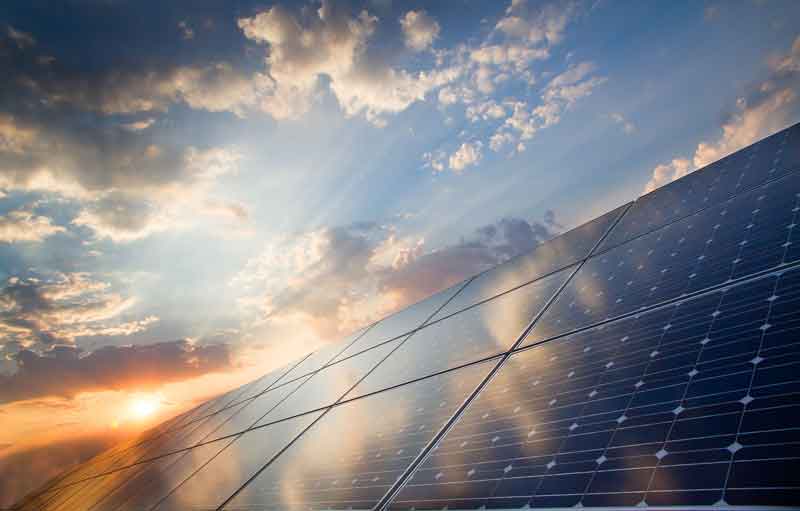
John, a farmer who is nearing retirement has been approached by a solar energy company with the view of leasing his farmland for the purpose of solar energy development. What are the tax considerations?
While it may be financially attractive, letting out part of a farm for use as a solar farm has implications across a number of tax categories which should be considered including income tax, Capital Gains Tax, Capital Acquisitions Tax and VAT.
1. INCOME TAX
Income received from the letting of farmland is not grouped with other farming income when calculating the profits of farming, but is rather taxed as rental income. There is an income tax exemption for income received from the lease of farmland to a “qualifying lessee” who carries out farming activity on the land but this will not unfortunately apply in the case of a lease to a solar energy company.
Irish Revenue have clarified that income received by a lessor from a solar energy company does not constitute income relating to farmland used for the purpose of the trade of farming, and therefore does not qualify for the exemption. This is regardless of the fact that the solar energy company may agree to occupy some of the land around the solar panels for the purposes of husbandry.
2. CAPITAL GAINS TAX (CGT)
CGT applies to gains upon the sale of capital assets. This is relevant to John as the value of farmland is likely to have increased substantially as a result of the rent being generated from the solar development. In the case of the longterm letting of farmland, as the asset is retained by the farmer a disposal for CGT purposes does not arise. However, CGT could be relevant in cases where there is a once off option payment to enter a lease or where an upfront payment in the form of a
lease premium is paid on entering a lease agreement.
In some circumstances a farmer may sell their land, are satisfied, the sale can qualify for exemption from CGT, known as retirement relief. Specific tax advice should be sought to ensure that all of the criteria for retirement relief, including the
requirement that the land has not been let for more than 25 years, are met.
3. CAPITAL ACQUISITIONS TAX (CAT)
Where farmland is rented for solar farming, it is likely that the land would no longer be regarded as an agricultural asset, therefore not qualify for Agricultural tax relief. Agricultural tax relief takes the form of reducing the market value of qualifying agricultural property by 90%.
Given the value of land on which solar farming has been developed is not viewed as an agriculture asset from a tax perspective this may in turn change the calculation for the individual inheriting the property so he/she would be ineligible to claim agricultural relief on the transfer of farmland (80% of assets held by individual inheriting should be agriculture assets).
Should agricultural relief not be available however, it may be possible for the farmer to claim business relief on qualifying business property.
4. VAT
A property may be regarded as being ‘developed’ for VAT purposes. The installation of solar panels may be interpreted as ‘development’, meaning that the future sale may be liable to VAT.
In this case, the tenant (solar energy company) is the party carrying out the development work, it is the tenant’s responsibility in respect of any VAT adjustments that may be required. Any subsequent surrender or assignment of the lease requires a written agreement with the farmer and in such an instance, specific tax advice should be sought.
conclusion
While tax issues should be carefully considered, it is likely that the leasing agreements offered by solar energy companies, will provide after tax net rental income, far exceeding the income that could be generated from grazing licenses.
